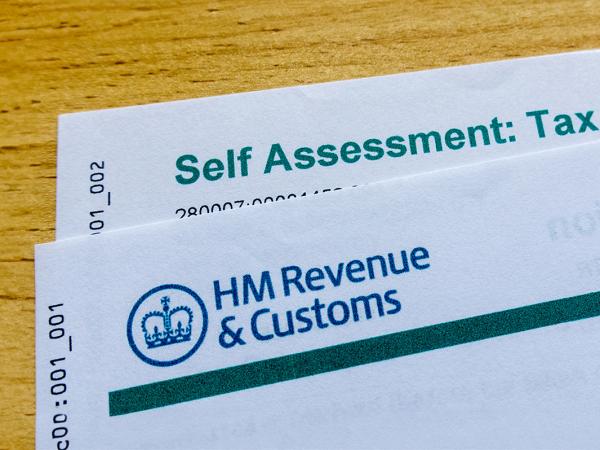Qualifying care relief for foster carers
On this page, we explain what qualifying care is for foster carers and staying put carers, for the purposes of qualifying care relief (QCR). You can read about qualifying care for shared lives carers on our separate page.

Content on this page:
Foster caring
Foster care is the provision of care (either by an individual or possibly an individual together with their partner) – broadly the provision of accommodation, maintenance and care for a child or young person under the age of 18. The foster care may last a short time or a whole childhood.
Foster carers are normally paid an allowance for the maintenance of the child.
Sometimes private fostering arrangements are made, in other words without the involvement of social services. Such arrangements are not qualifying care.
Qualifying care for QCR
The child or young person would have been taken into the care of the local authority and responsibility for their day-to-day care is delegated to the foster carer(s) by appropriate legislation:
- in England and Wales, The Children Act 1989
- in Scotland, under the Children (Scotland) Act 1995 or regulations under the Social Work (Scotland) Act 1968
- in Northern Ireland, under the Children (Northern Ireland) Order 1995
Qualifying care cannot be provided by an excluded person – broadly a parent of the child or young person or someone who had parental responsibility for the child or young person immediately before they were taken into care.
Parent and child placements
Sometimes a young person, who is themselves a parent, is placed with a foster carer. In this case the foster parent cares for both the young person in their care and the young person’s child. Although technically it is only the young person who has been taken into care, HMRC accept that all payments made to the foster carer are for qualifying care – see HMRC’s helpsheet HS236.
Kinship care
Kinship care is recognised in Scotland and is where a child or young person is looked after by a member of the extended family or someone with whom the child has an existing relationship. Such relationships can be informal – in which case they do not fall to be treated as qualifying care. Alternatively, if the child or young person is under the care of the local authority and is placed in kinship care, the relationship will be classed as qualifying care.
Staying put arrangements
These are arrangements to enable the young person to stay with foster carers (or kinship carers) beyond the age of 18, assuming they were in care at that age, and up to the age of 21. Such arrangements are considered as qualifying care on the same basis as above.


